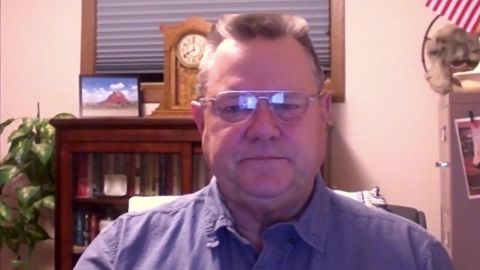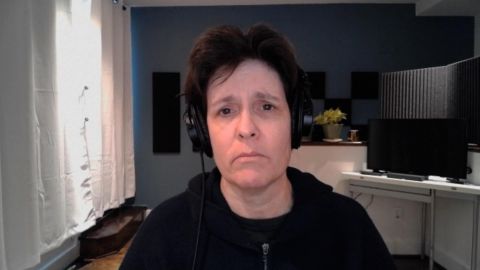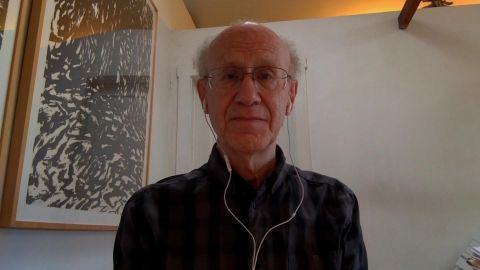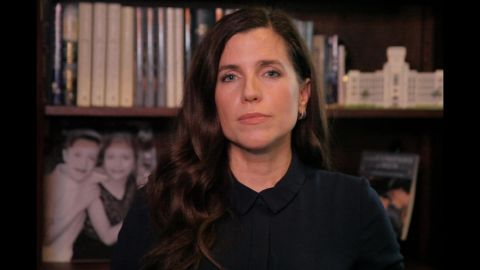Read Transcript EXPAND
CHRISTIANE AMANPOUR: I just want to ask you first, how come when everybody knew what was being said and what was being, you know, organized in plain sight online, how come it took, you know, this insurrection, this invasion of the capitol, the death of five people to actually finally get the social media powerhouses to take down the president’s accounts?
KARA SWISHER, HOST, “SWAY” PODCAST, THE NEW YORK TIMES: Well, that’s a good question. A lot of us have been calling for this for a long time because of the growing hatred and misinformation has really started to become dangerous. And, of course, you saw it really acutely right after the elections, but this has been going on for a long time. And you and I have talked about it before. I keep talking about where this thing leads to. I think no one should have been surprised by any of this especially the social media companies because as I’ve discussd before many times, engaged — the way they are getting engagement is through enragement, and they had to have understand what is happening here. Now, the fact that they took, you know, almost four years to do this, now, earlier this year they had put labels on these things which are wholly inadequate to what was happening. This amount of lying that was going from the president of the United States, it was a through line to what has happened here. And so, I think — I don’t know what took so long. I think they have tried really hard to sort of stick with this antiquated version of, hey, it won’t have any impact in the real world, except they had experiences in the rest of world, whether it was Myanmar or India or other places, they’ve seen this happen before where —
AMANPOUR: Philippines.
SWISHER: — Philippines — where the digital hatred jumps off of the screen and right into real life. So, again — you know, I think did an interview with Mark Zuckerberg two years ago about this, and he said, we’re going to look for solutions, we’re going to fix the problem, and they didn’t.
AMANPOUR: And, you know, you mentioned Mark Zuckerberg and Facebook, they had a very distinguished blue-ribbon panel, former prime ministers, you know, top ranked people on this sort of commission that was meant to look into all of this stuff. And as you say, they didn’t do a good job. And those labels —
SWISHER: That has not started yet. That’s just started. Yes. That’s just started. That is their Facebook —
AMANPOUR: OK. Well, we’ll see what that does. All right.
SWISHER: We will see. Yes. They are a little slow. They are a little slow.
AMANPOUR: But maybe the moment has passed them, because do you think that Facebook, Twitter, all of this other big, big — you know, the big five, so to speak, will make this permanent or are they just still, you know, dithering about how long to have this ban on?
SWISHER: Well, Twitter, this is a permanent ban. He’s violated the rule so many times, but this time it’s a permanent ban for him, and that’s, of course, his — that’s cutting off his oxygen in a lot of ways because that’s his favorite means of communicated and it’s the best means for him because it’s instantaneous, it’s unfettered, he can say anything he wants and he just loves the reaction, and the reaction is critically important. So, the amplification and instantness of it is important for Donald Trump So, he’s not coming back to Twitter ever. And a lot of people in QAnon, they’re not coming back to Twitter. Everyone who violates the laws, they’re not coming back to Twitter ever, they kicked off Sidney Powell, they kicked off Michael Flynn and people like that.
About This Episode EXPAND
Nancy Mace; Jon Tester; Kara Swisher; Peter Salk
LEARN MORE



